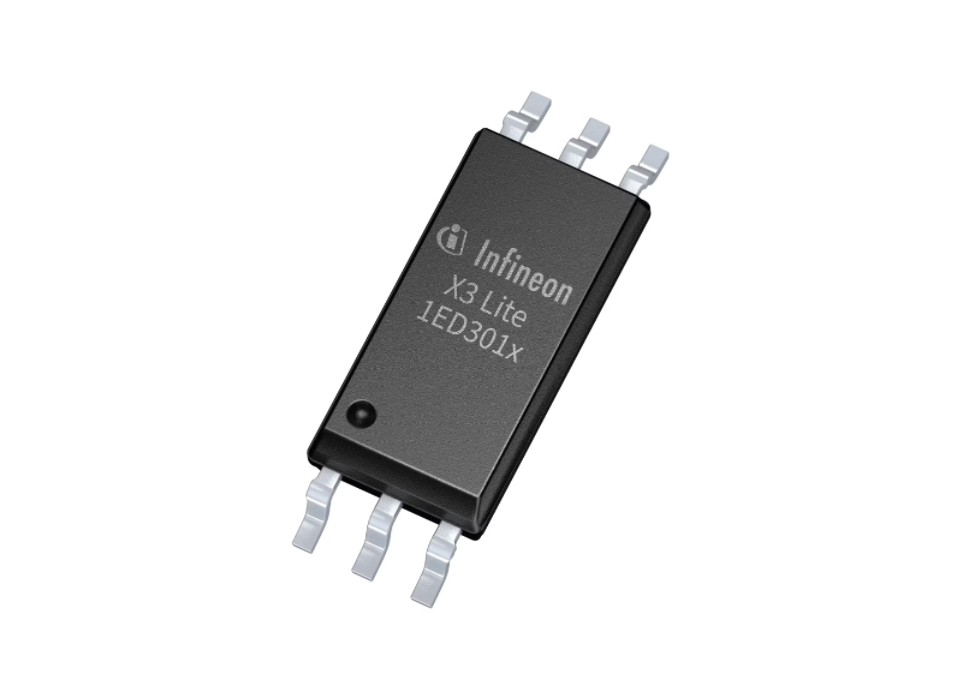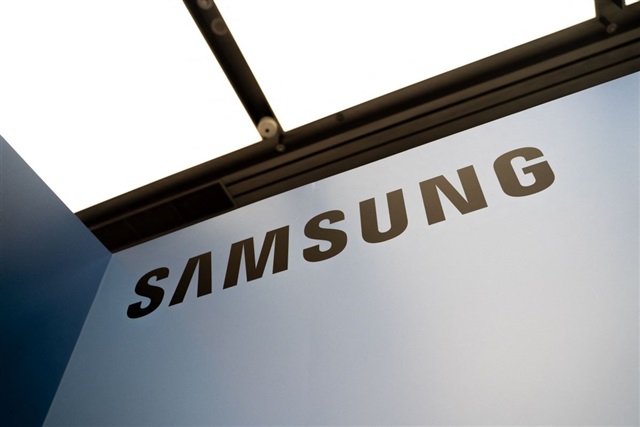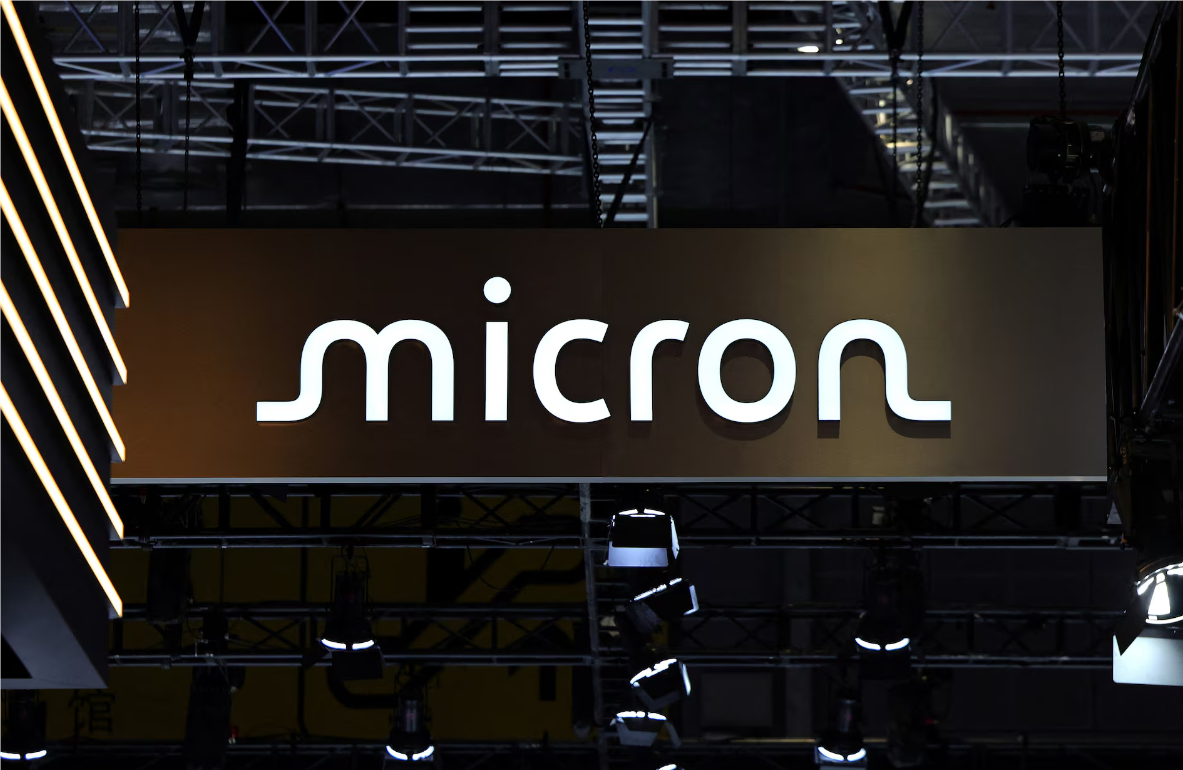November 14, 2025 /SemiMedia/ — The global foundry market continues to consolidate around a small group of advanced manufacturers, with Taiwan Semiconductor Manufacturing Co. maintaining a dominant share of more than 70%. Samsung Electronics remains the distant second at roughly 7%, a gap that has weighed on the Korean company’s profitability as utilization at its advanced nodes stays below expectations. Industry analysts estimate that Samsung’s foundry division has posted quarterly losses of between KRW 1 trillion and KRW 2 trillion since 2022.
To turn the business around, Samsung has outlined a two-year plan aimed at restoring profitability and lifting its market share to 20% by 2027. A key part of that strategy is to improve yields on its 2nm gate-all-around technology and secure a steadier pipeline of high-value computing customers.
In July, Samsung signed a long-term agreement with Tesla worth about US$16.5 billion to manufacture the automaker’s next-generation AI6 chip through the end of 2033. The company is also preparing to ramp production for its in-house Exynos 2600 processor, expected to debut in next year’s Galaxy S26 smartphones. Market observers note that Qualcomm may again tap Samsung for part of its Snapdragon 8 series production, a move that could further stabilize output at Samsung’s advanced fabs.












All Comments (0)